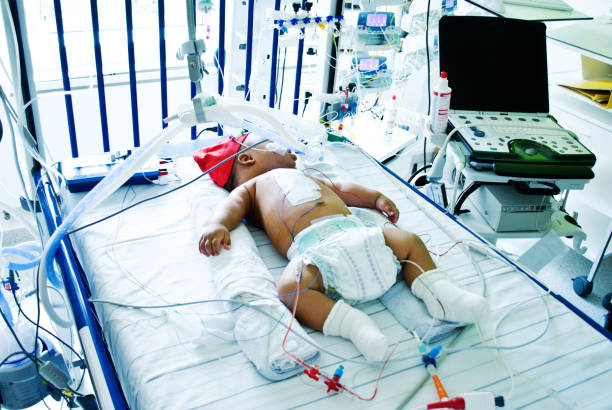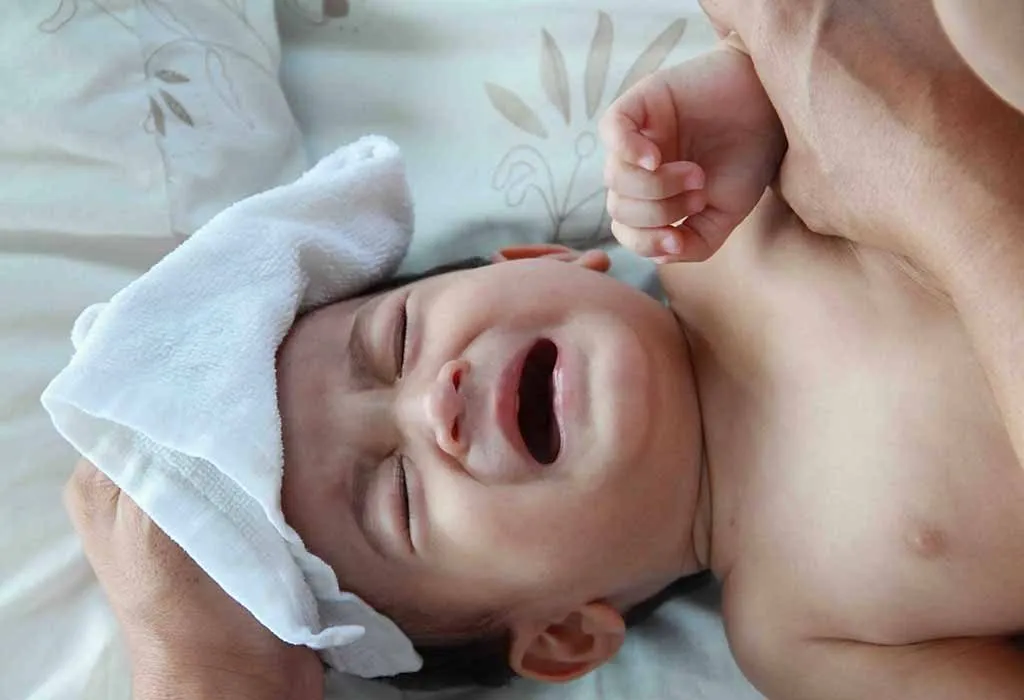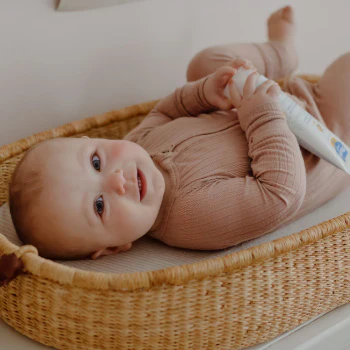
An infant who was four months old passed away as a result of heat exhaustion while on a boating excursion at Lake Havasu, Arizona, as reported by the Mohave County Sheriff’s Office. About 120 degrees Fahrenheit was the highest point that day in the region.
As a result of climate change, high-temperature days are becoming more common and severe, making extreme heat a more widespread concern.
According to pediatricians and child safety campaigners, this is leading to the needless deaths of infants. While the overall mortality rate from heat-related causes is low in the United States, the rate among newborns is higher than that of older children, teenagers, and young people.
There were 69 baby deaths attributed to high heat between 2018 and 2023, which is roughly 2 deaths per 100,000 live births. This number covers cases where heat was a contributory factor or the primary cause of death. Incorrect coding on death certificates or the failure of a medical examiner to detect heat-related fatalities lead to underreporting of these cases.

Infants are more likely to become sick or die in extremely hot weather for multiple reasons, according to pediatricians. Some of these issues have a more basic biological basis; for example, infants overheat more quickly and more severely than older children and adults.
“They gain heat really quickly and can heat up three to five times faster than an adult,” said Dr. Katie Lockwood of the Children’s Hospital of Philadelphia, a pediatrician. This is due to the fact that they have more body surface area than mass.
Because their sweat glands are still immature, babies also have a harder time controlling their core temperature in hot weather.
“They do perspire; it’s just that it doesn’t cool them down as effectively as it could for an older child or adult,” explained Lockwood. She suggested using a cold towel, spraying the baby with water, or fanning them to help them calm down.
Furthermore, there is the problem of communication: babies are unable to signal when they are getting too hot, leaving it to parents to identify the symptoms, which might be difficult to do.
The symptoms of heat illness may not be obvious until the condition worsens, according to Dr. Todd Glass, who is the chief of emergency medicine at Nemours Children’s Hospital in Orlando, Florida. “The situation is dire if your skin starts to become parched, red, and ashy.”
Sweat, flushed or warm skin, or other symptoms should be considered, according to Lockwood. Babies who are too hot can also exhibit other symptoms, such as fussiness, lethargy, or increased respiratory effort. Other signs of dehydration include dry lips, an inability to produce tears, or irregular bowel movements. Lockwood stated that a hydrated baby would typically have three heavy diapers daily and that their pee should be a pale yellow color or nearly clear.
She went on to say that because newborns under six months old are unable to drink water quite yet, they may require more breast milk or formula when the weather gets hot. Leaving a baby in a car on a very hot day is another possibility that parents might wish to maintain.

A solar oven, in essence, is what the vehicle is, according to Glass. “You seal up every opening, yet you forget to open the windows; as a result, the sun streams in, trapping the heat.”
An automobile left parked in the sun for just one hour in temperatures of 95 degrees or more can get to 116 degrees Fahrenheit inside, according to research.
Statistics from Kids and Car Safety, an organization dedicated to reducing the hazards that children face when riding in vehicles, indicate that approximately 60 infants have perished as a result of automobiles being too hot since 2018. That year alone saw the deaths of two of those people.
Jace Leslie, son of Makia Wallace, passed away in 2020 at the age of one from heat exhaustion after being left in a hot automobile. Instead of being dropped off at daycare by a caregiver, he was left in a car that reached 105 degrees Fahrenheit for over seven hours. Orlando, Florida, experienced a high of about 91 degrees Fahrenheit on that particular day.
With a “wrap my head around it” expression, Wallace ended his statement. A complete cessation of all motion washed over me.
She said that Jace exuded happiness. A lover of worship music, his smile was contagious. Tragedies like her son’s can be prevented, and Wallace has vowed to spread the word to other parents.
She claimed that “no one told me about hot car deaths” before her personal misfortune. “No one told me that when I went to get my son checked.”
Nonprofit group Safe Kids Worldwide states categorically that no child should ever be left unattended in a vehicle, not even for a second.
In spite of the fact that you can see the car as you dash inside the cleaners to retrieve your clothing, it’s still a good idea to bring your youngster along. “It might take more time than anticipated,” stated Torine Creppy, president of the group.
Creppy added that parents are usually exhausted or on autopilot, so she suggests putting a valuable item, such as a phone, wallet, or pocketbook, next to a child’s seat as a gentle reminder to check on them before getting out of the car.
On hot days, even strollers or car seats can be dangerous, according to Lockwood, because parents cover them with blankets to keep the sun out and the airflow restricted. She recommended preparing yourself mentally for the heat by assuming your kid will be less comfortable than you.
That children are feeling the heat “like we are” was her main point. If you’re hot, your child will feel hotter, as I tell parents all the time in my clinic.